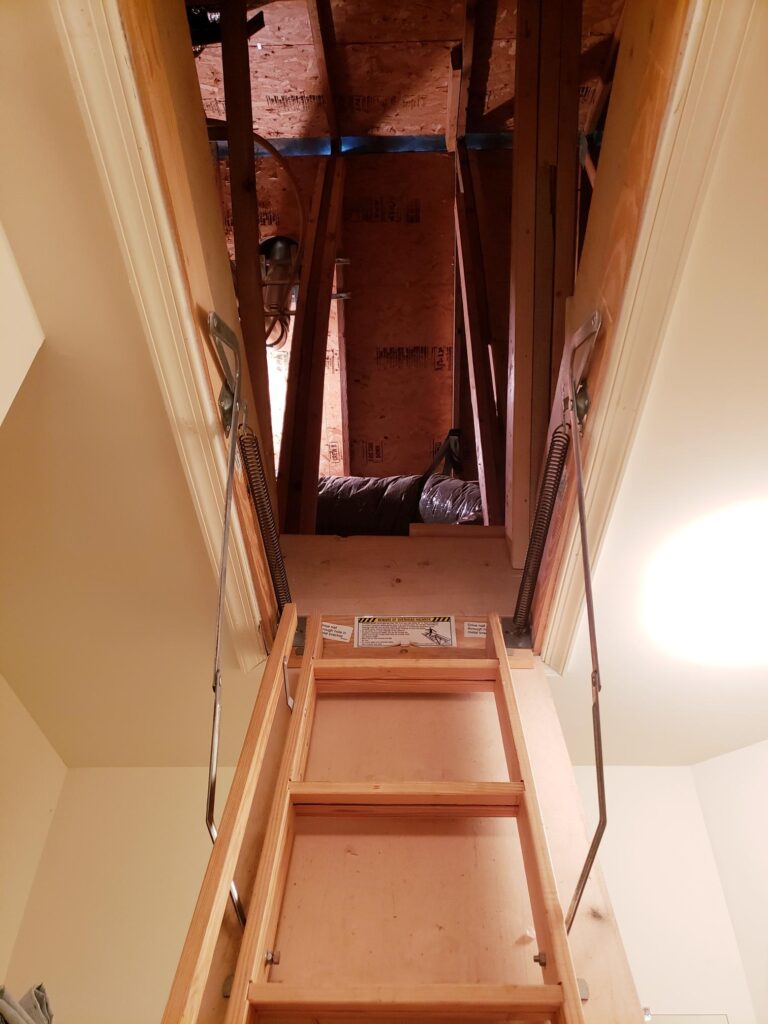
Why Do Home Inspectors Look in the Attic?
A while back I was looking through some statistics on my website. I am always curious to know how many people I am reaching and what they typed in to find my site if they came through a search engine. Someone was Googling, “Why do home inspectors go in the attic?” Hmm. Sounds like a question that needs to be answered. This post is probably too late for the person that asked that question in their search bar, but not too late for the next one who asks. Many questions in real estate are repeated by different buyers or sellers over time.
So why do home inspectors look in the attic?
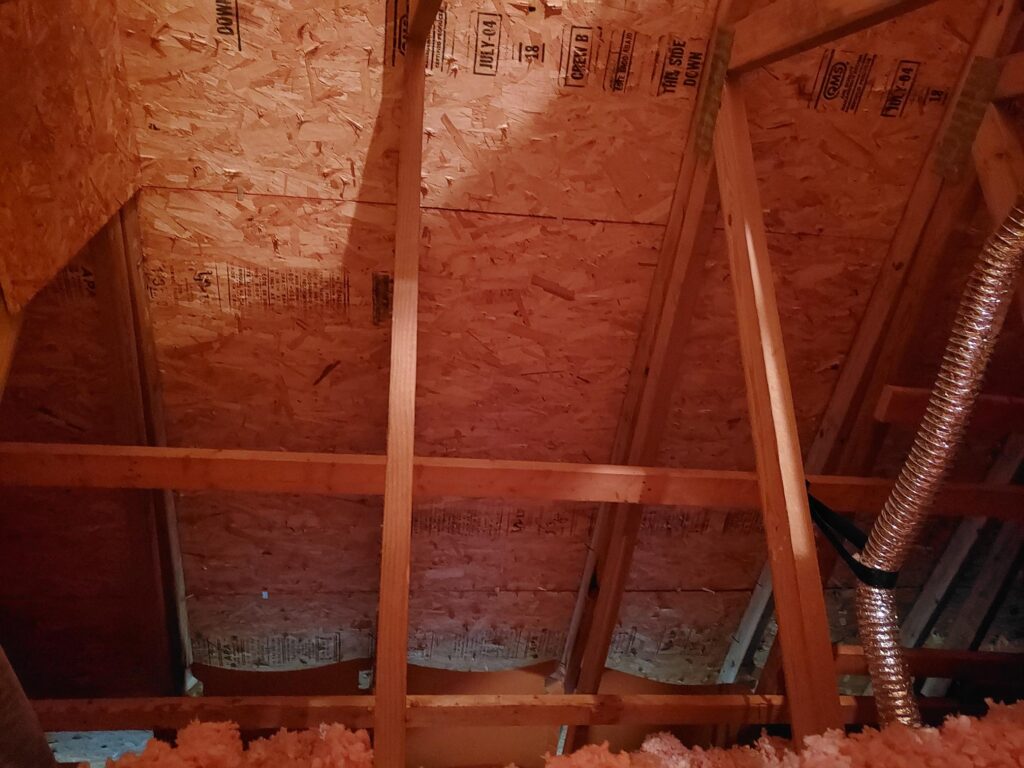
ROOF
Home inspectors will pop up into the attic of homes to get a good look at the underside of a home’s roof. Here they can see if there are more roofing nails than would normally be there, indicating that the home has had a shingle-over roof replacement. On various home inspections I have attended since 2005, I have learned that a “shingle-over” what is in place can be done only once. What I have learned as a home owner who replaced her roof in 2020 is that a roofing company that specializes at what they do and doesn’t cut corners will rip off the existing shingles to get a look at the plywood underneath whenever the replace it.
The underside look of the roof’s plywood can show water damage or daylight. Either of those indicate damage. Water shows evidence of a leak, which may mean there are missing or damaged shingles up top. Daylight means there is a hole. Both of those can be further evaluated by thermal cameras or overhead photos.
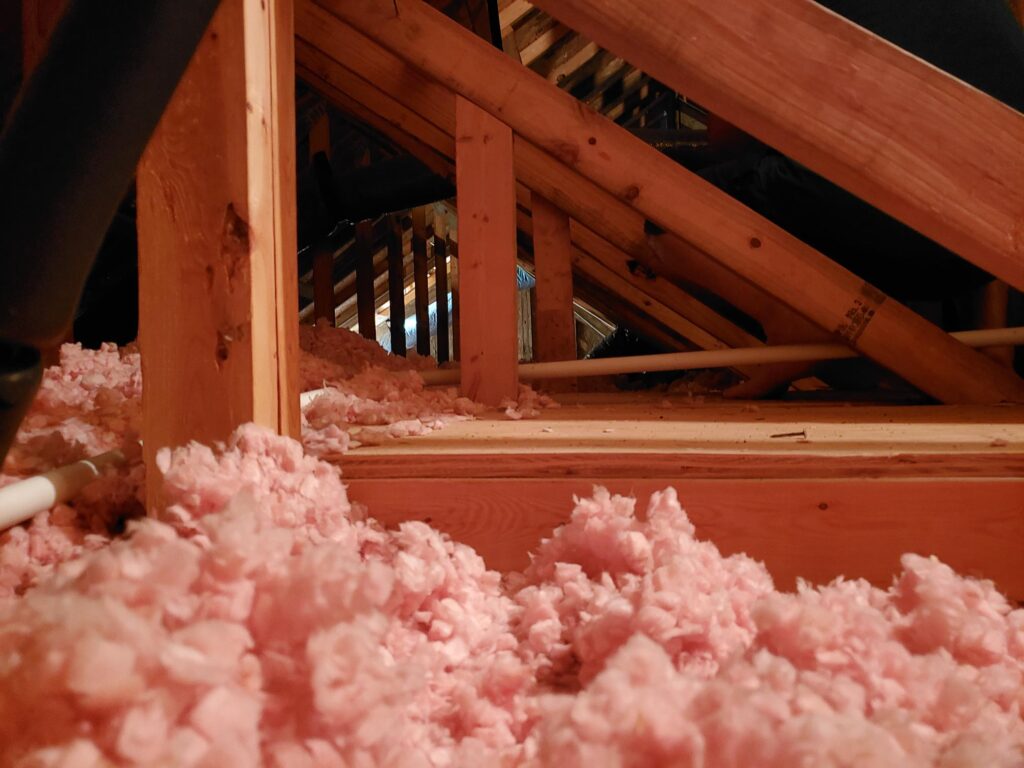
This is also an opportunity to check out the roof trusses. On a home inspection of my own home I found out that some of my roof trusses had been cut ninety percent through and improperly field repaired. That was one year after buying a new construction home. Yikes! I was so glad I had that inspection. Even new construction can have latent roof issues.
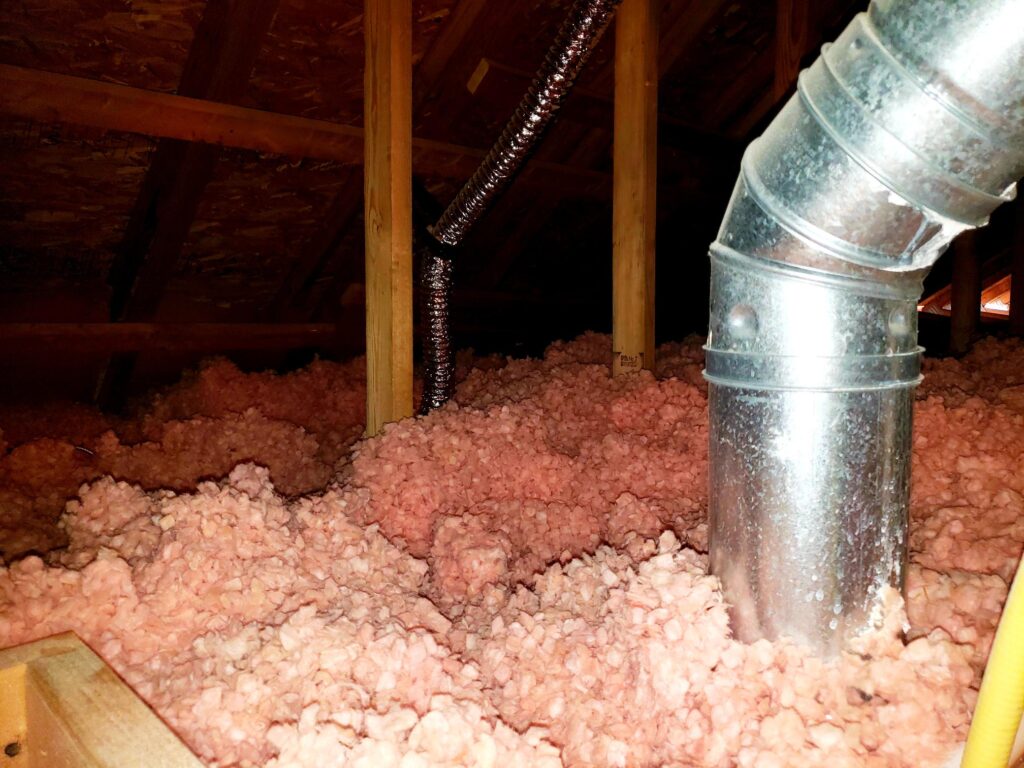
INSULATION
When a home inspector is in an attic, they can also get a look at the insulation. If it is blown in, they can see how deep it is and what type of insulation it is. They may make recommendations to even out the insulation if it has been disturbed, or to add more. Many even have ideas why the insulation was disturbed to begin with. Inspections are often like real estate versions of CSI.
One of the creepiest things an inspector can see while looking at the insulation, or bottom of the attic space, is evidence of pests. This means the droppings of mice, squirrels, etc. Sometimes they may even find dead animals in the attic. I have been on inspections where dead birds were found. The most important takeaway about evidence of pests is figuring out how they are getting in and sealing that up to get rid of the problem.
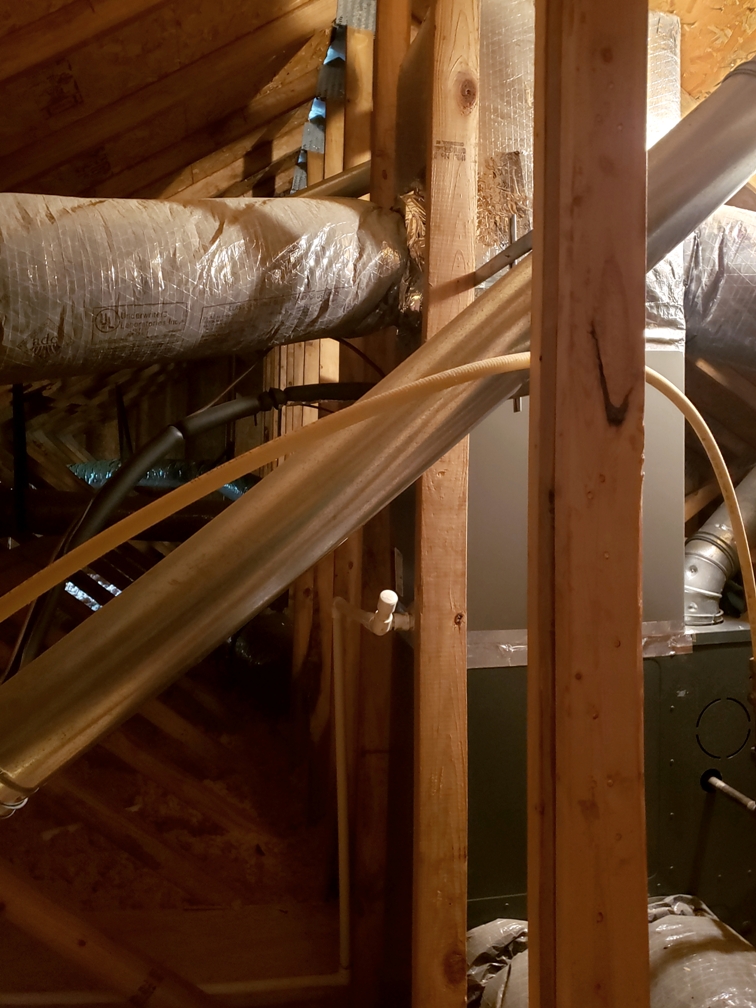
HVAC
Not all air handlers are located in the basement of homes. Some are located in the attic. This is especially true of single level homes with no basement or a dual zone system in a larger home. While in the attic a home inspector will check the relative health of any HVAC system located there by looking over duct work, condesate lines and taking temperature measurements.
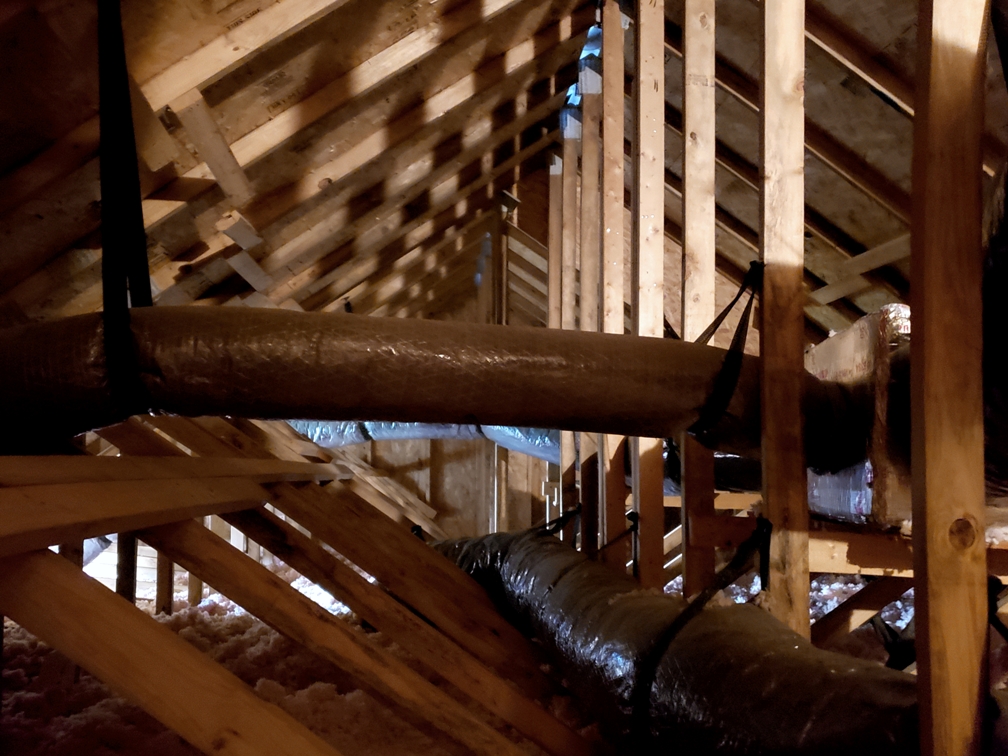
ELECTRICAL & PLUMBING
While in the attic a home inspector also has unobstructed views of some electrical and plumbing. Electrical issues may include overuse of extension cords to power additional lighting and things of that nature. Vent and exhaust pipes are a great example of the plumbing seen in an attic. A common problem noted on inspections is when a bathroom exhaust fan venting only to the attic and not outside the home. This is a common DIY (do-it-yourself) mistake.
All in all, the attic allows a skeletal level glimpse of some of the important structures in a home. It is important that home inspectors do look in the attic and report their findings.
When buying your home, make sure your agent has recommendations of home inspectors that can help you learn more about the property you are about to purchase. This post is not even close to a replacement for a home inspection and should not be relied on for information on what may or may not be happening in your own home or a property in which you are interested in purchasing.


Chris Ann Cleland
Associate Broker
VA License #0225089470
Long & Foster Real Estate
Call or Text: 703-402-0037
Email: ChrisAnn@LNF.com
www.UncompromisingValues.com
The opinions expressed in this blog are those of Chris Ann Cleland, not Long & Foster. All content is written by Chris Ann Cleland without the aid of artificial intelligence.
